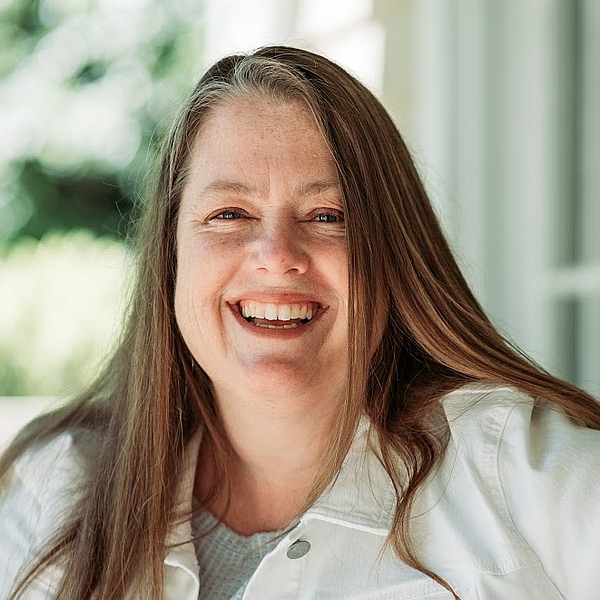Because alcohol use disorder (AUD) impacts men, women, and teens, it’s hard to distinguish treatment. There are many options to fit your needs and lifestyle. However, if you are a woman or you know a woman who is struggling with AUD, finding therapy for alcoholism that meets her specific needs is important.
Here are six reasons therapy for alcoholism in women may need to differ from that of men.
First, studies show that women who struggle with AUD, whether mild, moderate, or severe, tend to have lower self-esteem than men with alcohol issues. So, therapy for alcoholism needs to address self-esteem issues. Finding a counselor who works regularly with women on self-esteem is paramount.
Second, the needs of women seeking treatment for AUD are different than many men simply because many women are still the primary caregivers and household managers for their families. Addressing roles in the household that may have an impact on a woman’s ability to overcome her struggle with alcohol can be a key to unlocking what her addictive triggers are.
For example, if a woman has a partner who travels extensively and does not have family or friends who can help with occasional childcare needs, a woman may lean on alcohol extensively for stress relief and coping with the loneliness of being a solo parent for specific periods while her husband travels.
Third, there is still a huge stigma in our culture toward women with AUD. Whether it’s perceived or real, women traditionally have fears about therapy for alcoholism simply because they don’t hear about other women in treatment. Fear of being discovered as having an issue with alcohol may be contributing to a woman’s anxiety in therapy for alcoholism. So, it’s important to find a counselor who can sensitively recognize and help her work through anxiety and fears regarding treatment.
Fourth, women interact socially in a way that can be different from their male counterparts. Working through some of the isolation that may take place when she tries to overcome AUD is key.
Friendships can be forged on back porches or in living rooms all over the world as women gather, have a glass (or two or three) of wine, and talk about their stressors. Television shows and movies continue to reinforce the idea that having casual drinks with a friend is normal.
While it can be fine for some, those who depend on it may have AUD. Social anxiety and the possibility of losing friends is a real fear that a counselor can help a woman work through during her therapy sessions.
 Fifth, women who are single parents or women who are the primary breadwinners may have concerns about the financial affordability of therapy for alcoholism or concerns about in-treatment programs because they are the head of the household and need to work to provide for their families. It’s important to find a counselor or means of therapy that suits a woman’s budget and can work with her schedule.
Fifth, women who are single parents or women who are the primary breadwinners may have concerns about the financial affordability of therapy for alcoholism or concerns about in-treatment programs because they are the head of the household and need to work to provide for their families. It’s important to find a counselor or means of therapy that suits a woman’s budget and can work with her schedule.
Some options will be looking for a counselor who can work on a sliding scale, finding one that works with your insurance or will help you file with your insurance plan, or seeking group therapy. If you want to see a counselor to help you with AUD but finances are an issue, reach out to one of our offices. We’d love to help you find the resources you need for therapy for alcoholism.
Finally, look for therapy that provides excellent follow-up treatment options and, possibly, helps you find childcare solutions during your therapy sessions. Women need to be able to support their family needs while also recognizing and caring for their own.
Seeking therapy for alcoholism may be more comfortable for you if you find a practice that has female staff members and/or a women-only treatment group.
While therapy for alcoholism in men is equally important and we also want to support them in their treatment, we recognize that what they look for and even how they are referred for help can differ from what women look for and how women are referred to a counseling practice or treatment center. The most essential qualification for finding a therapy that works for you is one that is licensed, professional, research-backed and has a strong recovery background.
The bottom line is, if you feel you need help or if you sense a loved one needs help don’t wait to seek treatment because of social, economic, or familial barriers. Our offices are skilled at working with you and those you love to find the best therapeutic solution to help overcome alcohol use disorder.
Even if you are unsure if you’ve got a problem, it is wise to seek help. A trained counselor in one of our offices can help you decipher what’s going on and how to move forward in your life.
“Purple Flowers at Sunset”, Courtesy of Aaron Burden, Unsplash.com, CC0 License
- Brooke Turbyfill: Author
Brooke Turbyfill is a freelance editor and writer from north Georgia; she enjoys connecting with people over coffee, hiking, and reading books of all genres. When she isn't editing a book or writing an article for clients in the health and education...
DISCLAIMER: THIS ARTICLE DOES NOT PROVIDE MEDICAL ADVICE
Articles are intended for informational purposes only and do not constitute medical advice; the content is not intended to be a substitute for professional medical advice, diagnosis, or treatment. All opinions expressed by authors and quoted sources are their own and do not necessarily reflect the opinions of the editors, publishers or editorial boards of Stone Oak Christian Counseling. This website does not recommend or endorse any specific tests, physicians, products, procedures, opinions, or other information that may be mentioned on the Site. Reliance on any information provided by this website is solely at your own risk.






